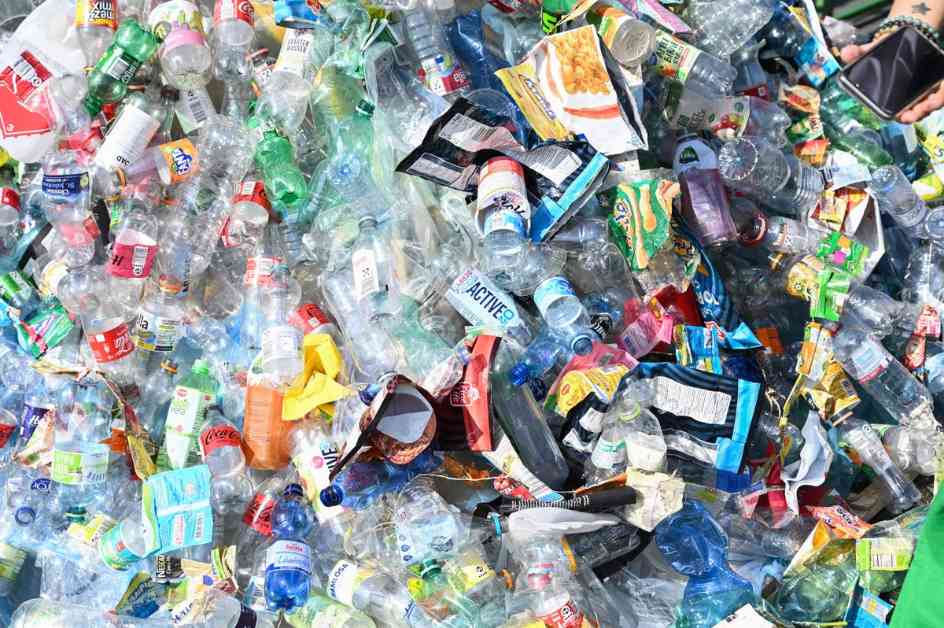Global Plastic Pollution Treaty Negotiations Hit Roadblock: What Happens Next?
In a world grappling with the devastating effects of plastic pollution, hopes were high as United Nations members gathered in Busan, South Korea, for a landmark summit aimed at addressing this pressing global crisis. However, what was meant to be a week of decisive action and collaboration ended in disappointment as negotiations collapsed, leaving many empty-handed and uncertain about the future of our planet’s health.
The Heart of the Issue: Oil-Rich Nations Stand Firm
At the core of the breakdown in talks was the refusal of oil-rich countries, led by Saudi Arabia, to accept any deal that would impose limits on plastic production. This stance put them at odds with other nations seeking a comprehensive agreement to tackle the root cause of the plastic pollution crisis. The inability to bridge this gap ultimately led to the unraveling of the negotiations and left many wondering what comes next in the fight against plastic pollution.
The Stakes Are High: A Looming Environmental Catastrophe
The urgency of addressing plastic pollution cannot be overstated. With around 10 million tons of plastic waste entering our oceans each year, the threat to marine biodiversity is dire. Furthermore, projections show that global emissions from plastic production could triple by 2050, consuming a significant portion of the earth’s remaining carbon budget. The infiltration of microplastics into various aspects of our lives, from brain tissue to breast milk, underscores the urgent need for action on this front.
The Blame Game: Obstruction and Discord
The breakdown in negotiations was not solely due to differing viewpoints on plastic production. Countries also struggled to agree on how to target particularly polluting plastic products and how to finance the proposed treaty. Additionally, the consensus-based approach to negotiations faced criticism for giving too much veto power to reluctant nations, thereby stalling progress on critical environmental issues.
A Call for Resilience and Determination
Despite the setback in Busan, there remains optimism that a global plastic pollution treaty can still be achieved. Delegates and NGOs alike are calling for relentless dedication to the cause, emphasizing the need to learn from the failures of the past week’s negotiations. As the date and time of the next round of talks remain uncertain, the world watches and waits for a renewed push towards a sustainable solution to the plastic pollution crisis.
In the face of mounting environmental challenges, it is clear that decisive action is needed to safeguard our planet for future generations. The failure of the Busan summit serves as a stark reminder of the complexities and obstacles that lie ahead in the fight against plastic pollution. It is up to all of us, as global citizens, to demand accountability and action from our leaders to ensure a cleaner, healthier world for all.




